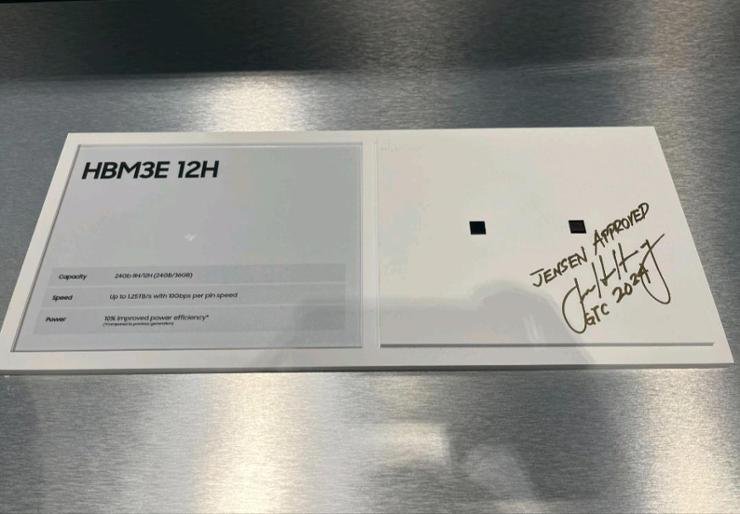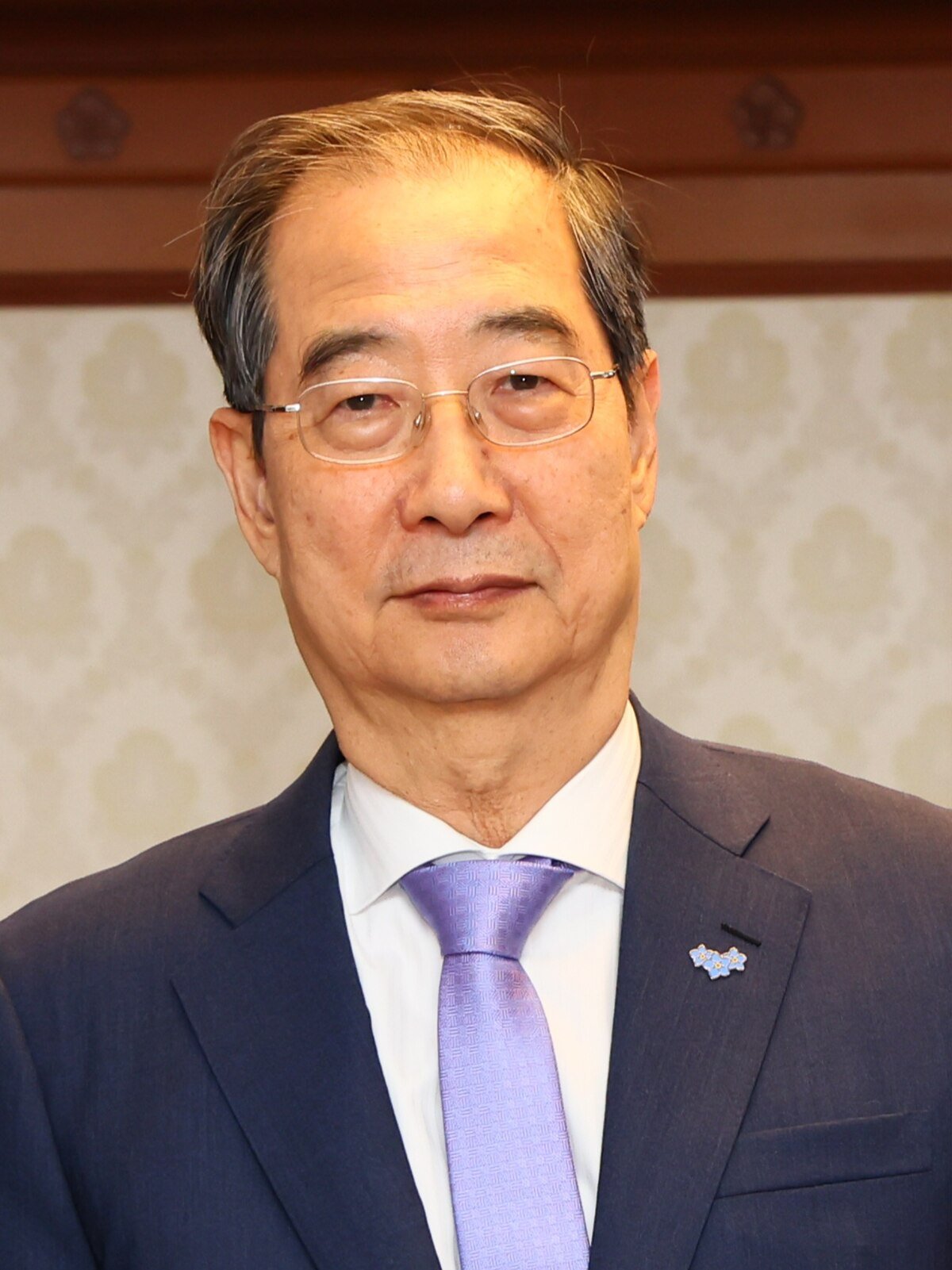
Market shows disappointment over delayed tests for advanced HBM chips
Samsung Electronics’ fourth-generation high bandwidth memory 3 (HBM3) chips have been cleared by NVIDIA for use in NVIDA’s China-bound processors, marking the first case of Samsung supplying its HBM chips to the artificial intelligence (AI) processor giant, according to a Wednesday report.
The report that Samsung neither confirmed nor denied also said Samsung’s fifth-generation HBM3E chips have yet to meet NVIDIA standards and that tests are continuing, presenting a mixed outlook on the chipmaker’s efforts to keep up with the fast-evolving HBM market.
Citing multiple unnamed sources, Reuters reported that Samsung’s HBM3 chips will, for now, only be used in a less sophisticated Nvidia graphics processing unit (GPU), the H20, and Samsung could begin supplying HBM3 as early as August.
Samsung Electronics’ HBM3E 12H / Courtesy of Samsung Electronics H20 has been developed for the Chinese market, and its computing power is capped in compliance with U.S. export controls. HBM, which vertically stacks chips to save space and power consumption, is viewed as a key component of graphics processing units for powering generative AI.
Samsung did not confirm or deny the report, with an official noting that “efforts are underway with partner companies to supply HBM chips.”
Samsung has been striving to supply HBM chips to NVIDIA, which holds a dominant position in GPUs for AI, in order to achieve sustainable improvements in its earnings and challenge SK hynix’s leadership in the HBM market.
SK hynix is the main supplier of HBM chips to NVIDIA, supplying HBM3 since June 2022. On March 19, SK hynix announced that it began supplying HBM3E to “a client,” which was assumed to be NVIDIA. Along with SK hynix, Micron of the U.S. is also supplying HBM chips to NVIDIA.
In comparison, Samsung has been struggling to compete to win NVIDIA’s order.
In February, the company announced that it has developed the industry’s first 36-gigabyte 12-layer HBM3E and plans to mass produce those chips in the second half of this year, but reports have alleged that Samsung’s supplying efforts are being delayed due to heat and power consumption issues. NVIDIA CEO Jensen Huang said earlier this month that Samsung has not failed any qualification tests.






